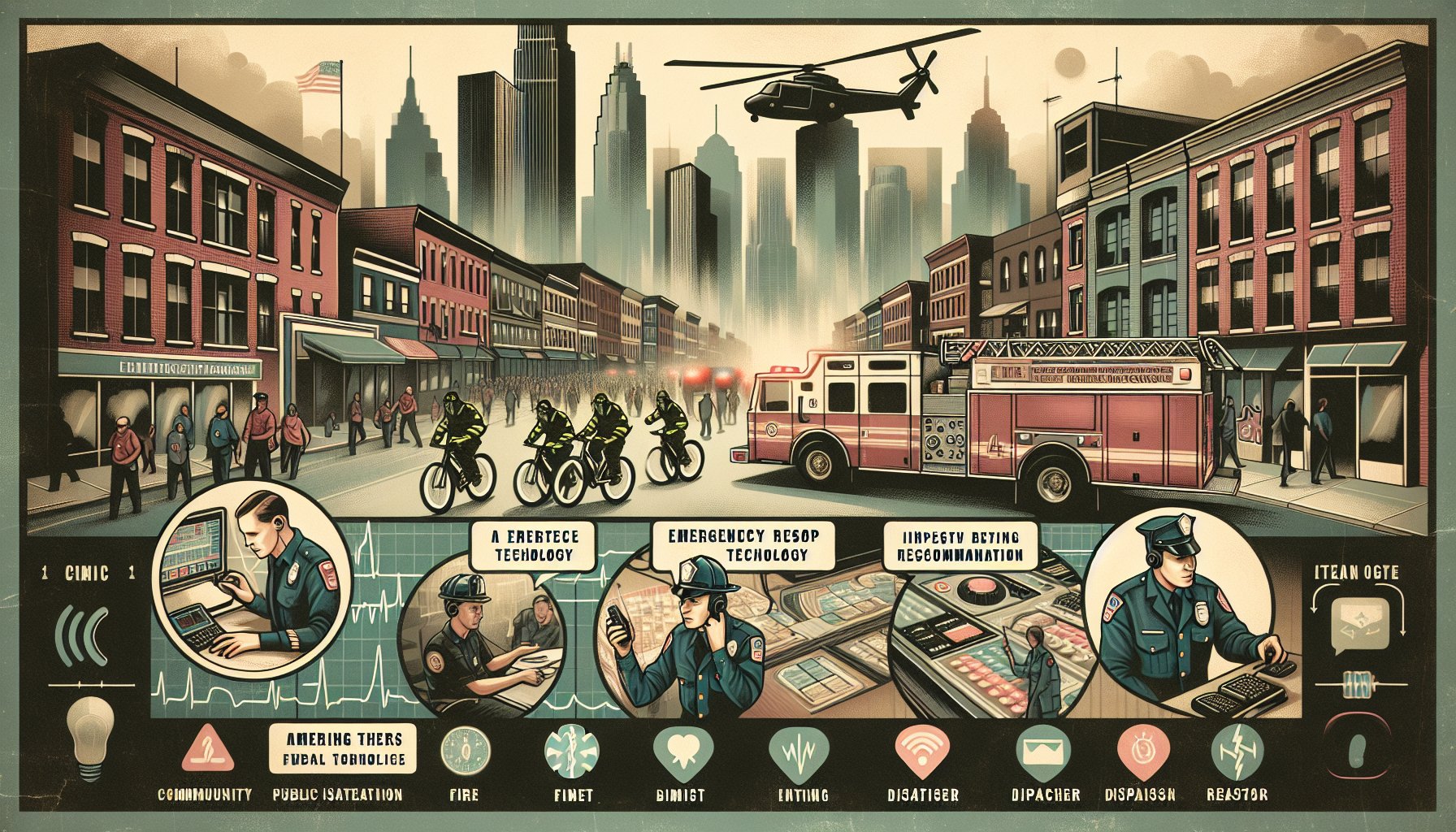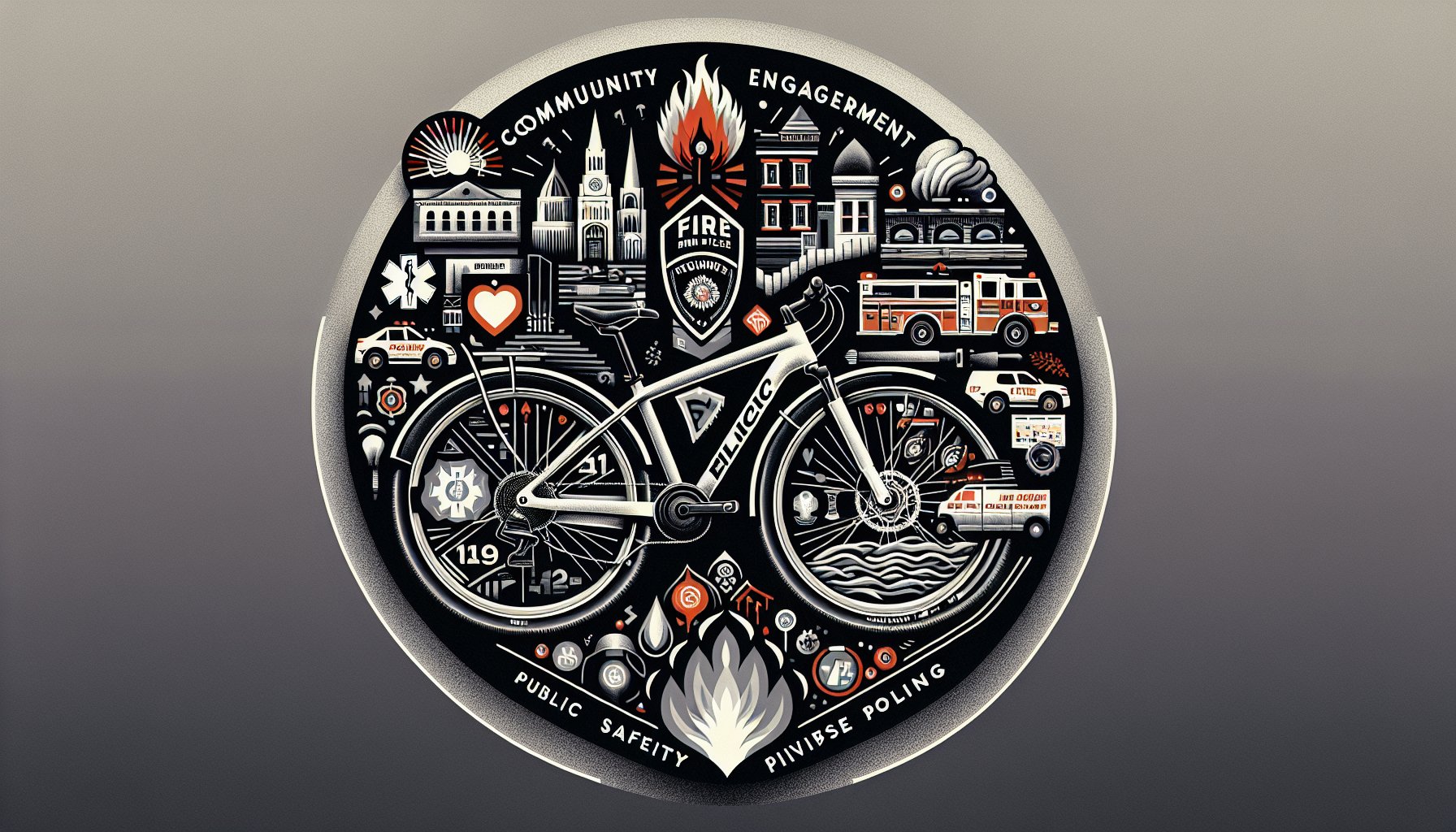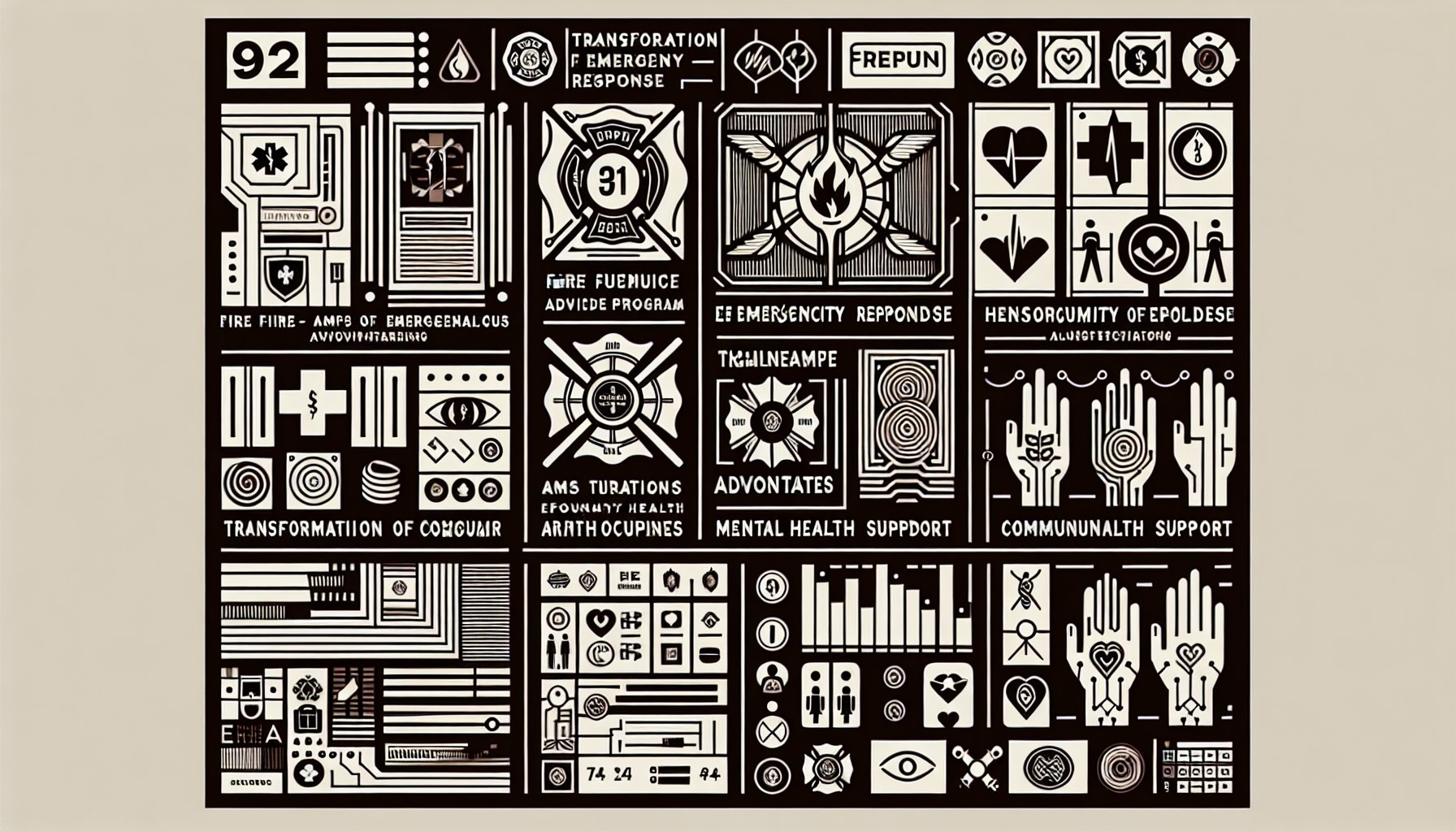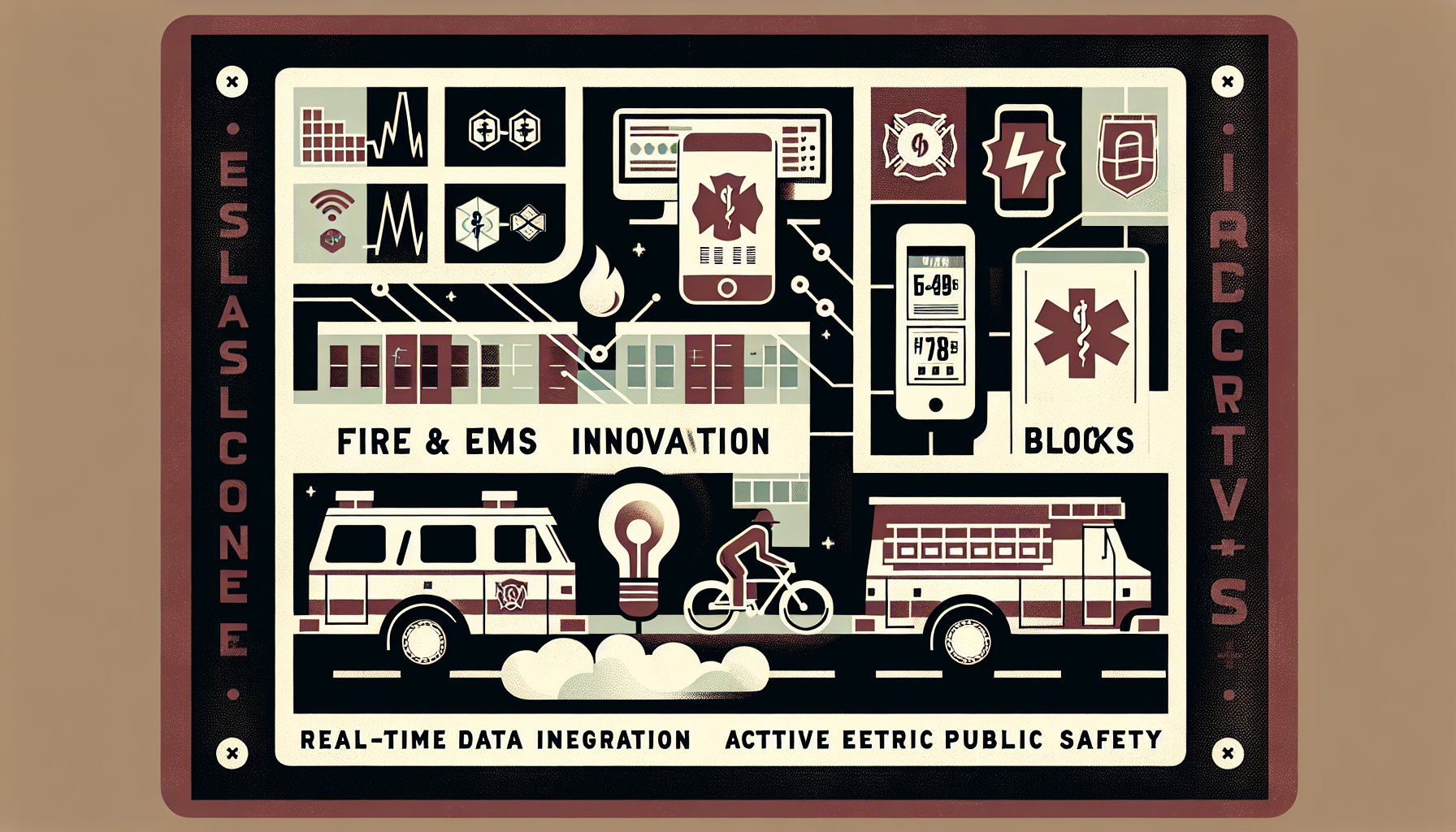Fire/EMS APB
Fire/EMS APB: Addressing Common Challenges in Emergency Management
Discover how Volcanic Bikes is transforming emergency management with cutting-edge technology and community engagement. Learn how their solutions address critical challenges faced by Fire and EMS teams in today's fast-paced environment.
Sep 17, 2025
5 min read
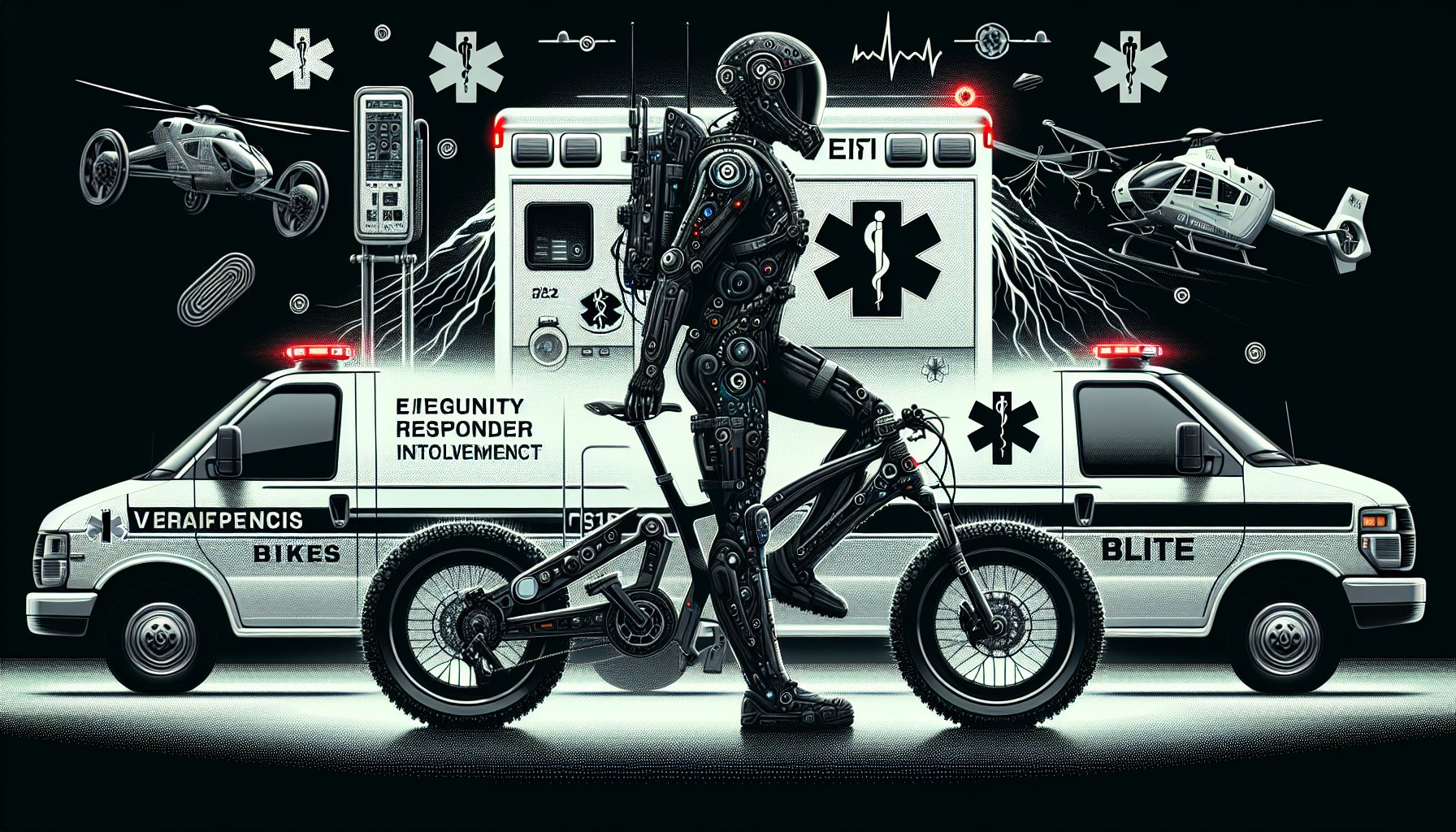
Fire/EMS on Two Wheels: Conquering Emergency Management Challenges with Volcanic Bikes
Riding the Flames
In the chaotic realm of emergency management, where time dilates and every heartbeat echoes urgency, the right tools can transform chaos into order. Fire and EMS face relentless challenges, and Volcanic Bikes, a pioneer in emergency response innovation, is at the vanguard of blending cutting-edge technology with tactical planning to address these hurdles.
Let’s begin with communication. For first responders, the need for real-time information exchange is non-negotiable. A delayed message could spell disaster. Enter Volcanic Bikes, integrating bespoke communication tech into their framework to ensure EMS teams have instant access to critical data, from dynamic traffic conditions to patient vitals. It's like having a crystal ball that predicts the quickest route and safest action.
Navigating treacherous terrains? Volcanic Bikes are engineered for that, too. Their bikes boast rugged durability and agility, perfect for zipping through urban gridlocks or rough pathways. Picture this: in a bustling city, traffic stands still, but Volcanic Bikes’ EMS team weaves through like a breeze, rendering aid faster than any traditional vehicle could.
And then there’s the bureaucratic beast, compliance and reporting. It’s dry, it’s daunting, but it's crucial. Volcanic Bikes simplifies this with integrated tracking and reporting features, ensuring alignment with federal standards without compromising operational focus.
The Blaze of Reality
Our emergency management landscape is a frenzied puzzle, constantly reconfigured by urban growth, climate upheavals, and high public expectations. First responders tread this ever-shifting ground, challenged by natural disasters that demand quicker, smarter coordination across diverse agencies. Yet, communication inconsistencies, even with DHS and FEMA's best efforts at standardization, still muddle the mix, creating a significant hurdle.
Then there's technology, GIS and mobile data terminals have revolutionized operations, but their power lies in seamless integration with existing systems. Without coherent protocols, even the snazziest gadgets can fizzle out in multi-jurisdictional environments. And let's not forget the vital role of community engagement. As the public demands transparency and accountability, agencies must not only act but also communicate proactively to foster trust.
Wheels of Change
Enter Volcanic Bikes, revolutionizing emergency response with nimble electric bikes. These aren't just bikes; they're mobile command units equipped with GPS, real-time communication, and robust enough to tackle any urban battlefield. A paramedic on one of these can bypass traffic in a heartbeat, potentially saving lives where every second counts.
But it's not all gear and gizmos. Volcanic Bikes’ comprehensive training ensures users are confident and cohesive, converting technology into life-saving action. So, if you're ready to rethink response times and team efficiency, maybe it's time to consider getting on two wheels.
Bridging the Gap
Effective communication in emergencies is the linchpin between chaos and control. Yet, during crises, existing gaps widen. Multiple agencies, each with its terminology, converge on the same crisis, often leading to confusion.
Volcanic Bikes’ Fire/EMS APB emerges as a unifying beacon, creating a common platform for seamless data exchange and synchronized action. Picture a multi-vehicle accident: with the APB, all responders, EMS, police, firefighters, receive the same, real-time updates, turning confusion into coordinated care.
Behind the Sirens
Beyond the technology, there’s a human story, bravery, trauma, exhaustion. EMS and fire crews face mental and physical challenges daily. Miscommunications in high-stakes situations only exacerbate the strain.
Investment in mental health support and training is as crucial as state-of-the-art tools. A Connecticut fire department's successful multi-agency response underlines this: a blend of advanced tech and robust psychological support proved a life-saving combination.
The Community Connection
Emergency management thrives on community engagement. Volcanic Bikes transforms passive consumers into active participants through workshops that marry bike rides with emergency preparedness training. By partnering with local services and leveraging social media, they demystify first responders' roles, fostering trust and readiness.
Funding the Future
Let's talk dollars and sense. Navigating fiscal constraints requires innovative funding, like public-private partnerships and strategic grant applications. Volcanic Bikes has shown how departments can maximize federal grants by aligning technology with compelling efficiency data, showcasing tangible community safety improvements.
Training on the Edge
Volcanic Bikes’ "Training on the Edge" redefines responder training with VR and AR simulations that mimic real-life emergencies. Tailored regimens using AI analytics ensure responders are always ready, strengthening skills through immersive, risk-free environments.
The Aftermath
Post-disaster analysis is crucial. From Hurricane Katrina to local storms, agencies like FEMA have evolved through lessons learned, forming initiatives like IMATs. Volcanic Bikes collaborates with public services, enhancing traditional responses with innovative solutions, think bikes in terrains where vehicles falter.
Shifting Gears
As emergencies evolve, policies must innovate. Technologies like IPAWS and public-private partnerships with innovators like Volcanic Bikes enhance emergency response. Community-centric approaches empower citizens, shifting from top-down models to grassroots involvement.
The Road Ahead
In this new age of emergency management, technology, communication, and community unite, creating frameworks that not only tackle today's challenges but anticipate tomorrow's. By embracing IoT, machine learning, and real-time analytics, we can transform emergency management from reactive to proactive. Volcanic Bikes exemplifies this movement, showing how agility and community involvement can redefine crisis response.
TL;DR
Volcanic Bikes is revolutionizing emergency management with innovative electric bikes tailored for EMS and fire response. Through seamless communication tools, rugged design, and comprehensive training, they empower first responders to act swiftly and effectively. As emergency management evolves, incorporating technology, community engagement, and innovative funding strategies will become key to building resilient, responsive systems.

Need Help?
Check out these related products that can help:
 My Account
My Account
